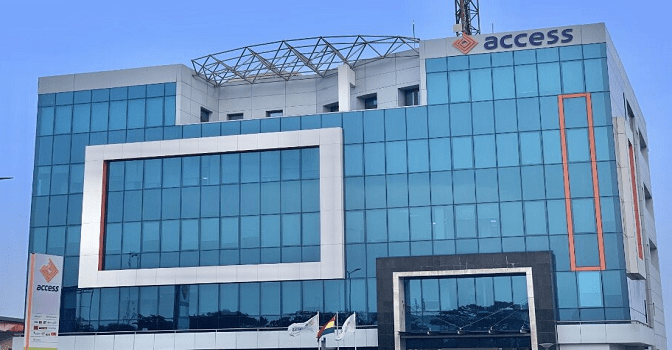
The federal government has called for enhanced collaboration with consulting engineers to accelerate infrastructure delivery across the country, saying their expertise is critical to achieving national development goals.
Secretary to the Government of the Federation (SGF), George Akume, stated this at the 47th Annual Conference of the Association of Consulting Engineers of Nigeria (ACEN), themed: “Closing the Critical National Infrastructure Deficit and the Strategic Roles of Consulting Engineers,” yesterday, in Abuja.
Delivering his goodwill message, he explained that the Bola Tinubu administration is prioritising road construction, power sector reform, rail development and digital infrastructure to drive economic growth and job creation.
Akume, who was represented by his Senior Special Adviser, Technical, Prof. Babatunde Bolaji said the conference’s theme resonated with the Renewed Hope Agenda of the current administration.
“Infrastructure is not just a sector concern. It is the backbone of economic transformation, social inclusion and national competitiveness. President Bola Tinubu appreciates the professionalism and patriotism of consulting engineers in nation building,” he said.
Also, he stated that over 40 major road projects, including the Lagos–Calabar Coastal Road and Abuja–Kaduna–Zaria–Kano expressway, are receiving accelerated attention. Additionally, the government, he said, has approved a comprehensive roadmap to expand electricity generation and modernise the grid under the Presidential Power Initiative (PPI).
President of ACEN, Kam-Selem Bukar, in his opening remarks, said the conference theme reflected the vital role of engineers in national development. He urged participants to develop practical solutions to infrastructure challenges and deepen collaboration across sectors.
He said: “Nigeria serves as a critical juncture where infrastructure development is essential for economic growth, social progress, and global competitiveness. Consulting engineers are uniquely positioned to provide expertise in innovation and strategic guidance required to bridge the gap.
“The conference is not just about identifying the challenges, it is about creating actionable solutions that partnership and transform our vision and reality,” he stated.
Also speaking, the Managing Director of Rural Electrification Agency (REA), Abba Aliyu, in his keynote address, said Nigeria is currently implementing over $20 billion worth of renewable energy and decentralised power projects.
He noted that initiatives such as the National Public Sector Solarisation Programme and the Distributed Green Energy Scheme rely heavily on engineering excellence and innovation.
“In rural electrification agencies, our mandate is very clear to accelerate sustainable energy access for all Nigerians through renewable energy and decentralized systems. We are implementing over $20 billion worth of programmes and projects across the country.
“These programmes are supported by development partners, finances, and private sectors. Each of these programs depends on engineering excellence, design integrity, quality assurance, and innovation that ensures reliability, safety, and sustainability,” he stressed.
Aliyu said the federal government’s “Nigeria First” policy mandates increased local design, assembly and manufacturing of renewable energy systems. He called on consulting engineers to lead in developing local standards, building capacity in solar and battery technologies, and transforming Nigeria into a clean energy manufacturing hub.
He warned that Nigeria must not lag behind as global energy transitions intensify, citing trillion-dollar clean energy investments in the US and Europe.
“The Inflation Reduction Act in the U.S has mobilised over 1 trillion in clean energy investment. This is just a policy that was put in place by the United States government. In Europe, the Green Deal adds another 1 trillion euros of sustainable industry financing.
“In Nigeria, where we have the biggest market and the base of human resources, we cannot continue to just stay behind. We must become designers, manufacturers, and exporters of clean energy leveraging the market that we have in the country,” he said.


